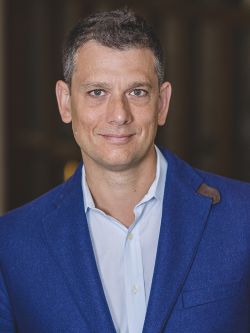Event Date/Time
Location
Room 222
Series/Event Type
Tropical cyclones are one of the most destructive natural hazards, and an energetic element of the tropical climate system. The extent to which the character of tropical cyclones will change over the coming decades and centuries is therefore of substantial scientific significance and societal interest, as are the character of and causes behind historical changes in tropical cyclones. Has tropical cyclone activity increased? Are historical changes in tropical cyclones random perturbations, driven by natural fluctuations of the climate system, or influenced by radiative forcing changes (e.g., greenhouse gas increases)? In what ways do we expect tropical cyclones to change and why? These questions will be explored through analyses of observational records, theoretical arguments, and high-resolution global and regional model experiments. Evidence that the recorded increase in Atlantic hurricane activity since the late-19th century is largely due to changes in observing practices will be presented - along with efforts to understand changes in hurricane activity over the past millennium and connect them to historic and projected future changes in activity. The mechanisms behind these fluctuations and changes will be discussed. The influence of greenhouse gases on past and projected future tropical cyclone changes will be described, along with discussions of crucial sources of uncertainty in interpreting the past and projecting the future.
Speaker Bio
